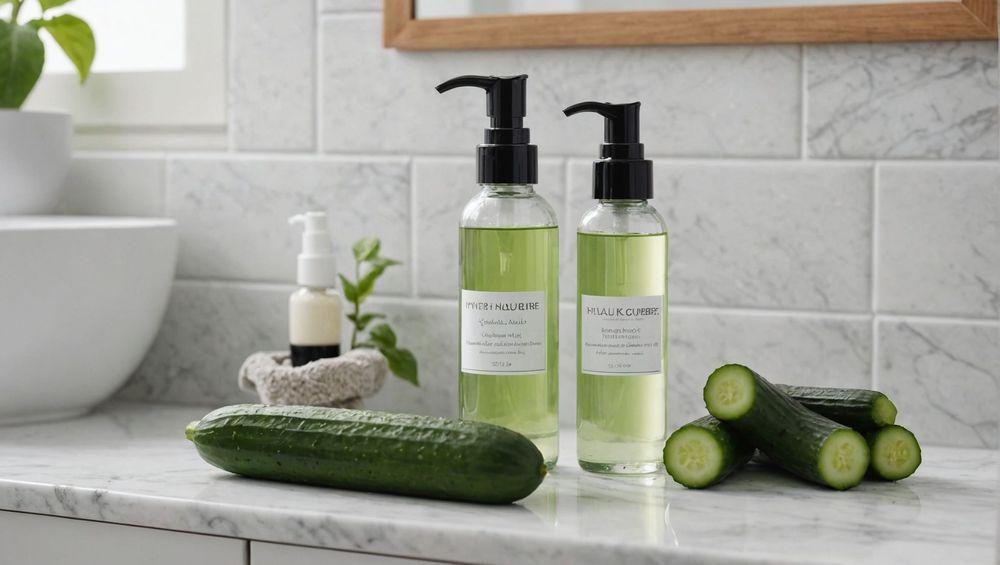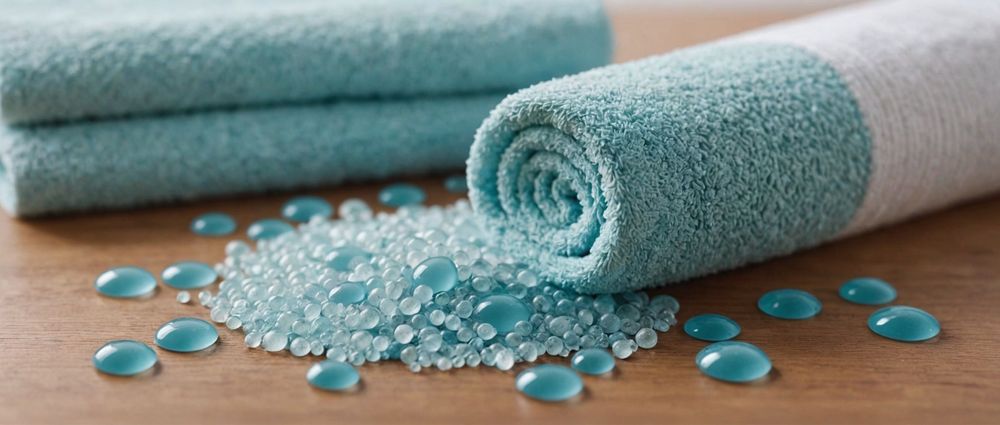Hyaluronic acid is a powerful humectant, well-known in the skincare community, that can hold up to 1,000 times its weight in water. This makes it an essential ingredient for hydration and maintaining skin elasticity. Due to its ability to attract and retain moisture, it has become a leading component in various skincare products, ranging from serums to creams. As a multi-tasking skincare darling, hyaluronic acid plays a crucial role in ensuring that our skin remains well-hydrated and youthful-looking. In this article, we will delve deeper into the specifics of hyaluronic acid, its benefits, and how to incorporate it into your skincare routine.
The Science Behind Hyaluronic Acid

Hyaluronic acid is a naturally occurring substance in the human body, primarily found in connective tissues, skin, and cartilage. It is classified as a glycosaminoglycan, which is a crucial element in maintaining skin hydration. The beauty of hyaluronic acid lies in its unique ability to retain moisture, making it a beneficial compound for skincare. With age and environmental stressors, the natural levels of hyaluronic acid in our skin decrease, leading to dryness and loss of elasticity. Thus, supplementing it through topical applications can help restore plumpness and suppleness to the skin.
Key characteristics of hyaluronic acid include:
- Moisture Retention: Holds large amounts of water, keeping skin hydrated.
- Skin Firmness: Contributes to skin elasticity and a youthful appearance.
- Healing Properties: Aids in wound healing and tissue regeneration.
- Versatility: Works well with other ingredients like retinol and vitamin C.
- Compatibility: Suitable for all skin types, including sensitive skin.
Benefits of Hyaluronic Acid in Skincare
The popularity of hyaluronic acid in skincare products stems from its numerous benefits for the skin. Here are some core advantages:
- Intense Hydration: By pulling moisture from the environment to your skin, it provides exceptional hydration.
- Fine Line Reduction: Helps to plump the skin, thereby reducing the appearance of fine lines and wrinkles.
- Improved Skin Texture: Regular use can lead to smoother and more refined skin texture.
- Accelerated Healing: Promotes healing and recovery of damaged skin.
- Chironic Effects: Minimizes the visible signs of aging by maintaining skin elasticity.
How to Incorporate Hyaluronic Acid into Your Skincare Routine
Integrating hyaluronic acid into your skincare regimen is relatively easy, and its versatility makes it suitable for use in various forms. Below are some effective ways to make the most of this remarkable ingredient:
- Choose the Right Product: Look for serums, moisturizers, or masks that contain concentrated hyaluronic acid.
- Apply on Damp Skin: For maximum hydration, apply hyaluronic acid products on slightly damp skin to lock in moisture.
- Layering: Incorporate it after cleansing and before applying heavier creams or oils for optimal effectiveness.
- Use Regularly: Make it a daily staple in your routine, morning and night, for sustained benefits.
- Stay Hydrated: Remember that drinking adequate water complements the effectiveness of hyaluronic acid in hydrating the skin.
Potential Risks and Side Effects

While hyaluronic acid is widely regarded as safe for topical use, some individuals may experience side effects, although they are rare. Allergic reactions could occur, particularly in those with hypersensitive skin. It’s advisable to conduct a patch test before fully integrating a new product into your routine. Additionally, using products with high concentrations of hyaluronic acid in an extremely dry environment may lead to moisture withdrawal from the skin, causing dryness instead. To counteract this, ensure you properly moisturize after applying hyaluronic acid to create a protective barrier and lock in hydration.
Conclusion
Hyaluronic acid is a remarkable skincare ingredient known for its superior hydration properties and ability to enhance the overall texture and appearance of the skin. Its natural presence in the body and impressive moisture-retaining qualities make it suitable for diverse skin types. By understanding how to effectively incorporate hyaluronic acid into your skincare routine, you can enjoy its myriad benefits, from a youthful glow to improved skin elasticity. As always, it is advisable to consult with a skincare professional before making significant changes to your regimen, especially if you have specific skin concerns.
FAQs
1. Is hyaluronic acid suitable for all skin types?
Yes, hyaluronic acid is generally safe and suitable for all skin types, including dry, oily, and sensitive skin.
2. Can I use hyaluronic acid every day?
Absolutely! Hyaluronic acid can be safely used daily as part of your skincare routine.
3. Is there a difference between low and high molecular weight hyaluronic acid?
Yes, low molecular weight penetrates deeper into the skin for long-lasting hydration, while high molecular weight primarily works on the skin’s surface for instant moisture.
4. Does hyaluronic acid expire?
Most hyaluronic acid products have a shelf life, usually around 12-24 months. Always check the expiration date before use.
5. Can I layer different products containing hyaluronic acid?
Yes, layering products can enhance hydration; just ensure that you follow with a heavier moisturizer to lock everything in.
